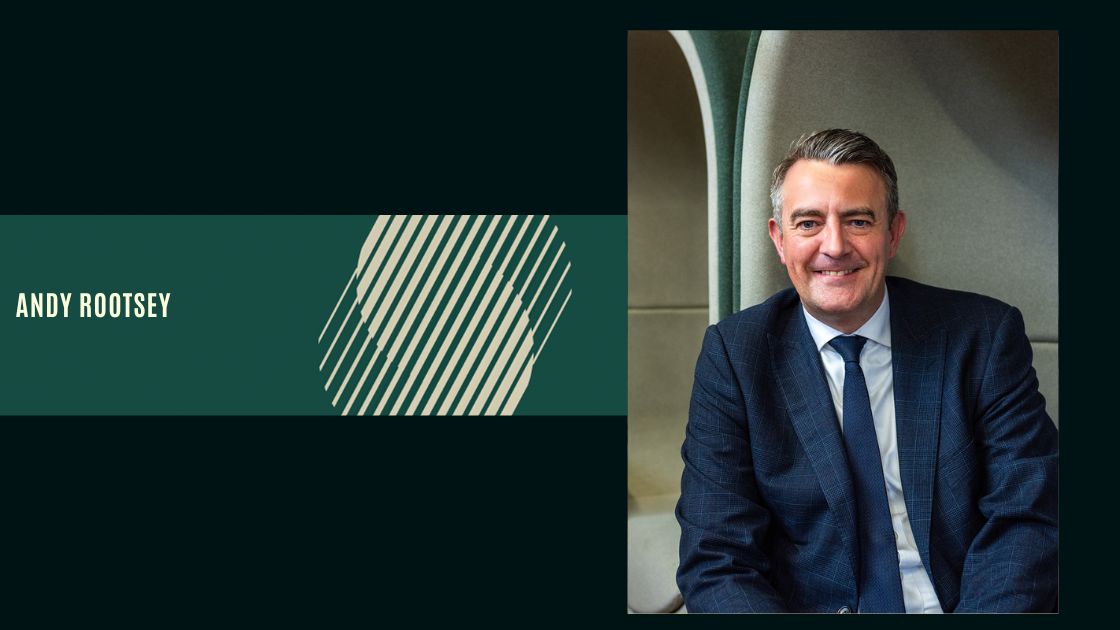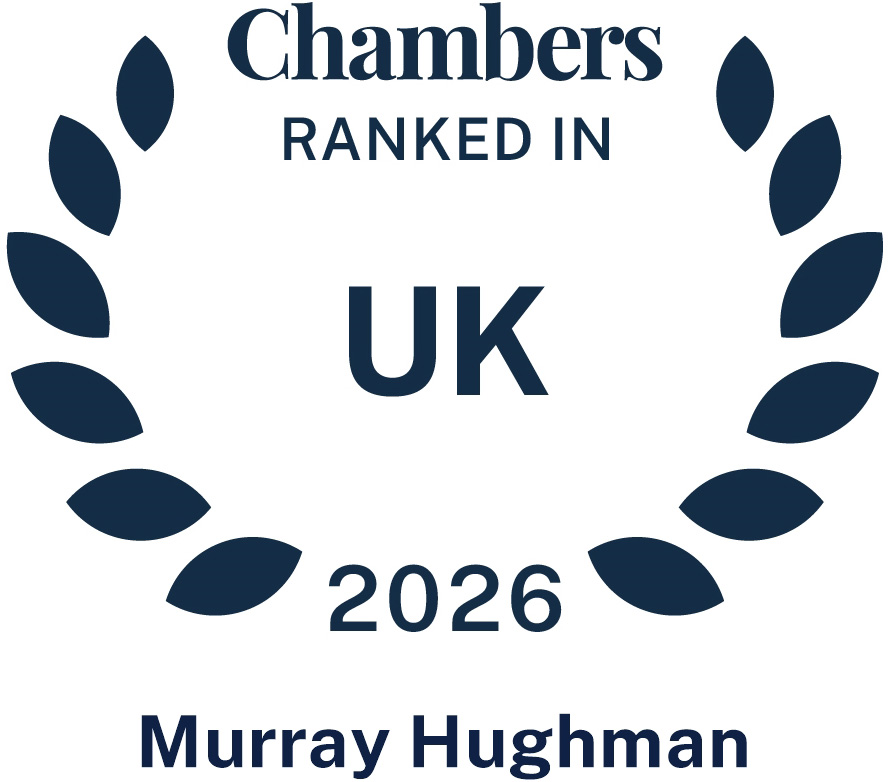
Andy Rootsey’s client appeared at St Albans Crown Court last week for Trial in relation to allegations of ‘Rogue Trading’.
Andy’s client originally faced a four count Indictment, together with his co-defendant, in relation to offences of fraud by false representation, contrary to Section 1 of the Fraud Act 2006. The overall value of the fraud against the four separate complainants was in excess of £100,000. Following a succession of oral and written submissions, the case reached a favourable conclusion, with not guilty verdicts entered on the record.
At an earlier stage in proceedings, the defence made a successful application to dismiss two of the four counts on the indictment. The Judge, having considered counsels’ careful submissions, dismissed the two counts on the basis that there was insufficient evidence that our client had made any untrue, misleading or false representations either alone or on a joint enterprise basis. The dismissals meant that our client would be left to face counts 1 and 3 only on the indictment at Trial.
In relation to count 1, the defence placed all parties on notice that we would resist the Crowns application made under S114 (d) Criminal Justice Act 2003 (CJA 2003) to adduce evidence from a police officer as hearsay evidence, given that the complainant was not willing to engage with proceedings.
Prior to the hearsay argument taking place and a ruling from the Court, the complainant passed away. The Crown would then pivot, to what on the face of it was a stronger application, made under the ‘unavailable witness’ provisions, found at S116 CJA 2003. Given that the witness had now died, this at first blush provided what appeared to be a strong route to admissibility.
The defence however submitted a further skeleton argument highlighting that s126 CJA 2003 still applies in such cases, setting out the terms of the Courts general discretion to exclude evidence and that S126 CJA 2003 specifically preserves the right of the Court to exclude unfair evidence under section 78 of PACE 1984.
S78 of PACE 1984 provides that: “In any proceedings the court may refuse to allow evidence on which the prosecution proposes to rely to be given if it appears to the court that, having regard to all the circumstances, including the circumstances in which the evidence was obtained, the admission of the evidence would have such an adverse effect on the fairness of the proceedings that the court ought not to admit it”.
Extensive written submissions were made that although the witness had now died, the Court should take into account what the position would have been, had the witness still been alive, namely, that the witness was never willing to come to court or even willing to provide a Video Recorded Interview.
The defence highlighted the inherent unfairness, that the prosecution may now avoid the test and safeguards set out in section 114(1)(d) that would likely not have been met, by relying on section 116, only by virtue of the fact, that an always unwilling witness had now sadly passed away.
Having considered the detailed defence skeleton argument, the Judge indicated that it would not be permissible for the Prosecution to adduce the hearsay evidence under S116 CJA 2003, when what the Crown were really making, was an application under S114 CJA 2003. The application would therefore have to be considered under S114 CJA 2003.
In anticipation that the Prosecution case would be significantly weakened, due to the diminishing prospects of adducing the hearsay evidence, the Prosecution would then agree to alter their previously immoveable position and agreed to offer no evidence to the remaining counts of Fraud (counts 1 and 3) against our client in exchange for a guilty plea to a single alternative count of criminal damage, to the value of £500.
Our client agreed to enter a guilty plea to the alternative summary only, criminal damage count and not guilty verdicts were entered on the record in relation to the fraud counts 1 and 3 and he was sentenced to £500 compensation in respect of the criminal damage offence, bringing matters to a highly favourable conclusion for him.
The co-defendant had entered guilty pleas to the Fraud counts 1 and 2 received 25 months imprisonment.
Thanks to instructed Trial Counsel, Hannah Thomas of 2 Hare Court, for her superlative submissions, which yanked away the strands of the prosecution case, resulting in the case unravelling as it did.





